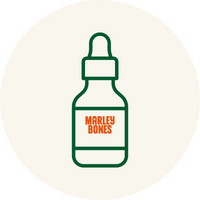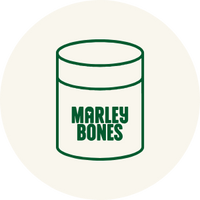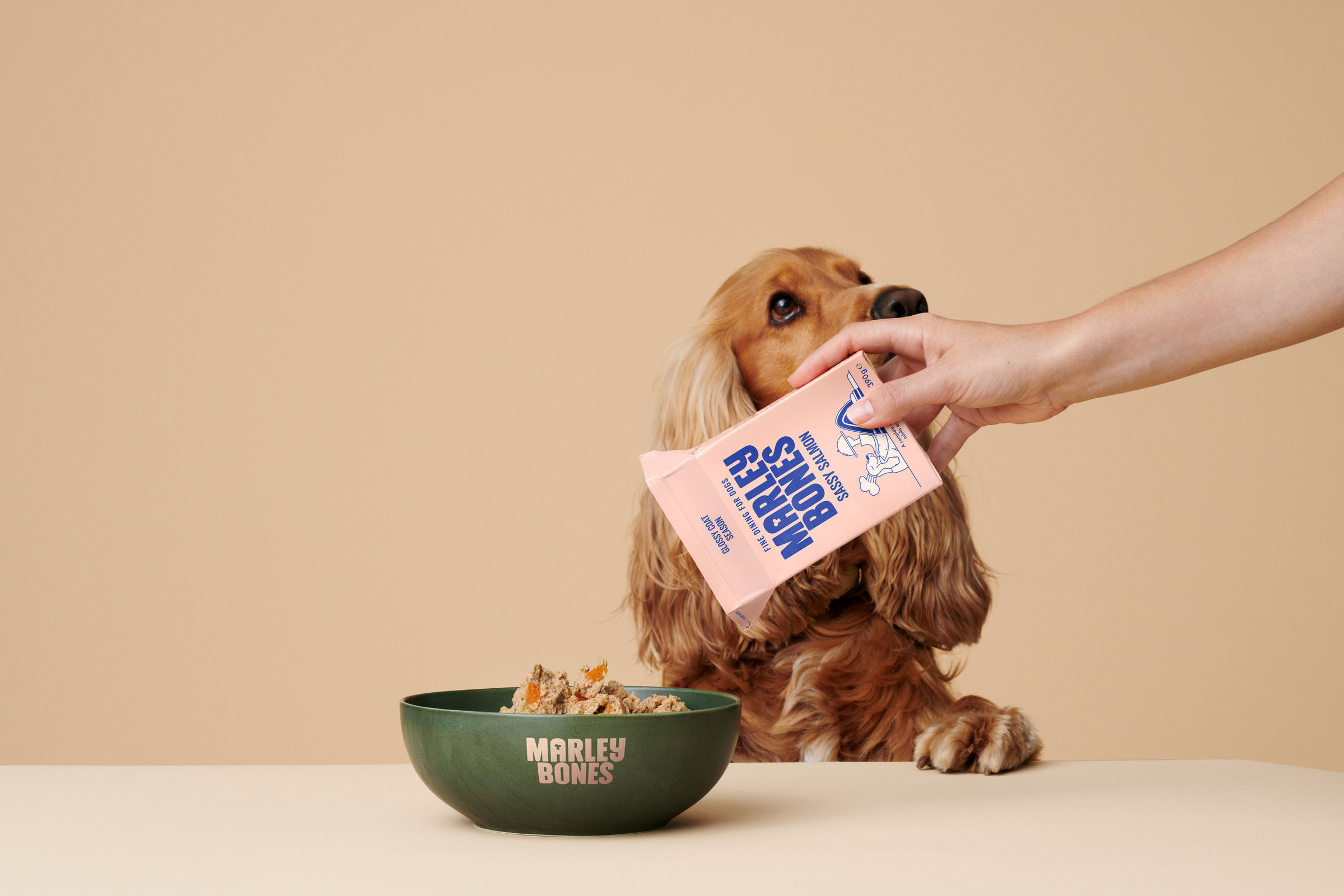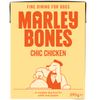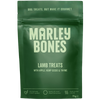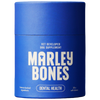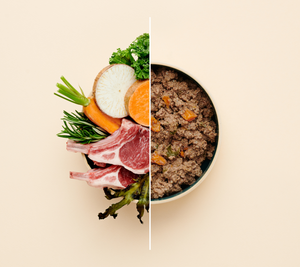Why Do Some Dogs Have Black Spots on Their Tongue? Examining the Genetic Puzzle
Many dog owners notice black spots on their furry friend’s tongue and can’t help but wonder what they mean. These spots can vary from tiny freckle-like dots to larger patches, often surprising those who expect a uniformly pink canine tongue. Understanding why these pigmented marks appear involves a bit of insight into canine genetics and physiology.
Usually, black spots on a dog’s tongue are simply a harmless genetic trait—much like freckles in humans. Certain breeds, including the Chow Chow and Chinese Shar-Pei, are famous for their fully black tongues, which is a signature breed characteristic. But these spots aren’t exclusive to specific breeds; many mixed-breed dogs and other breeds can have black tongue spots without it signaling anything unusual.
These dark patches are caused by an increased presence of melanin, the natural pigment responsible for skin and coat colour. In most cases, they’re nothing to worry about.
Let’s explore what these spots really are, why they show up, and when it might be time to check with your vet.
What Are the Black Spots?
Black spots on a dog’s tongue are patches of pigmentation - similar to freckles or birthmarks in humans. These marks can appear in various shapes and sizes and may range in colour from dark blue to black. Often flat and smooth, they’re most commonly found in the centre or towards the back of the tongue but can show up anywhere in the mouth.
Marley’s Must Know: These dark spots come from melanin - the same natural pigment that gives your dog its coat and skin colour. Totally normal, totally harmless.
So, what causes them? Most of the time, it comes down to three key reasons:
- Genetics: The presence of black tongue spots is usually inherited. Just like a freckled nose or a brindled coat, it’s all coded in your dog’s DNA.
- Breed Tendencies: While breeds like the Chow Chow and Shar Pei are known for their dark tongues, black spots can appear in any breed or crossbreed. It’s not exclusive to a single bloodline.
- Not a Health Concern: These spots are almost always harmless. They don’t signal illness or disease. However, any sudden changes in your dog’s tongue - like new spots, changes in shape, or colour - should be looked at by a vet.
If a dark spot has been there since puppyhood and hasn’t changed, there’s usually nothing to worry about. But if you ever feel unsure, a quick vet check can offer peace of mind. Better safe than sorry when it comes to your pup’s health.

Freshly prepared British lamb, veggies & superfoods
Are Certain Breeds Predisposed To Having Dark Or Spotted Tongues?
Yes, certain breeds are more likely to have dark or spotted tongues. Breeds with a higher propensity for this trait include:
- Chow Chow: Almost every Chow Chow will have a dark tongue, which can be solid blue-black or have blue-black spots.
- Shar Pei: Similar to the Chow Chow, Shar Pei's are known for dark-coloured tongues, although less consistently solid in colour.
- Other breeds where black spots may occur, but less uniformly across the breed, are:
- German Shepherd
- Golden Retriever
- Labrador Retriever
- Akita
- Siberian Husky
Marley's Must Know: Spotted a dark patch on your mixed-breed pup’s tongue? Don’t worry - it’s totally normal. These spots can pop up if your dog has genes from breeds known for tongue pigmentation. It’s just a quirky variation, not a cause for concern.

Can Spots On A Dog's Tongue Be A Sign Of Illness?
While black spots on a dog’s tongue are usually just a harmless quirk of genetics, it’s natural to wonder whether they might signal something more serious. Most of the time, these markings are completely benign - especially if they’ve been there since puppyhood.
In many breeds, especially the Chow Chow and Chinese Shar-Pei, tongue pigmentation is a normal trait. These spots are caused by melanin deposits, the same pigment responsible for your dog’s skin and coat colour. They may be present from birth or develop slowly as your dog matures.
But like any part of your dog’s body, the tongue deserves regular observation - especially if something starts to change.
Here’s what to watch for:
- Changes in size, colour, or texture: If a previously stable spot grows, becomes raised, or changes colour, it’s worth having it looked at.
- Additional symptoms: Bleeding, swelling, bad breath, or visible sores may indicate an oral health issue.
- Sudden appearance: New black spots in an older dog should be monitored, particularly if they develop alongside other symptoms.

“No stinky poos and clean bowls every time”
It’s always a good idea to include a quick check of your dog’s mouth during regular grooming or vet visits. While most tongue spots are just pigmentation, sudden changes could point to dental problems, inflammation, or in rare cases, more serious health concerns.
When in doubt, your vet is your best source of reassurance and answers.

The Final Woof
Most of the time, those black spots on your dog’s tongue are nothing more than a cute, quirky feature - a natural splash of pigment with no health risk attached. But staying alert to any changes, especially later in life, is a smart way to keep your pup happy, healthy, and full of tail wags.
Regular vet checks and a good look in the mouth now and then will help you spot anything unusual early on. After all, being a good dog parent means knowing when to say “that’s normal” and when to give the vet a call - just in case.



